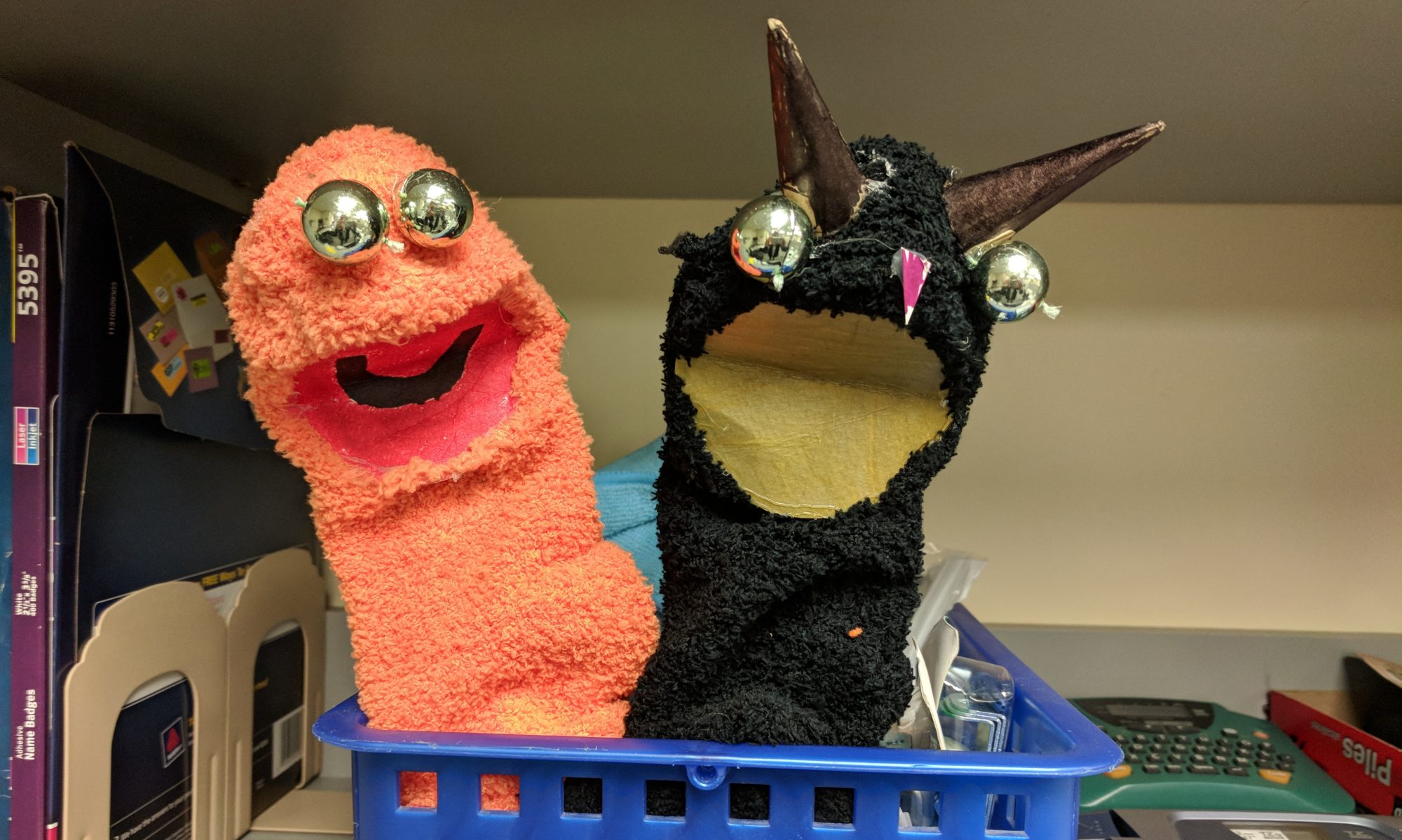Just a few hours ago I received an e-survey from the AATA ethics committee. I was pleased to see that a portion of the survey asks whether posting client photographs or videos can be done in an ethical (or unethical) manner.
About a year ago Cathy Malchiodi wrote an excellent article on the subject, and the comments on her blog helped to further the debate. I also discussed my opinions on the matter in a series of posts that can be viewed here, here, here and here.
One of the main points in my analysis: AATA’s ethical codes are determined by what the majority of art therapists who are AATA members think is ethical. So, fellow art therapists, fill out the survey! Even if you feel you don’t have an opinion or a good understanding of the subject—that’s all information for the ethics committee to process, and hopefully provide more education about.
Lastly, ex-AATA president, Pegg Dunn Snow, informed me that the ethics commitee would be meeting during the 2009 conference to discuss the ethical considerations of art therapy and technology—essentially addressing her example of “what not to do” when you’re advertising your art therapy practice. The advice given by the AATA ethics committee parallels my analysis, and hopefully will serve as a compass until more specific guidelines are provided.


